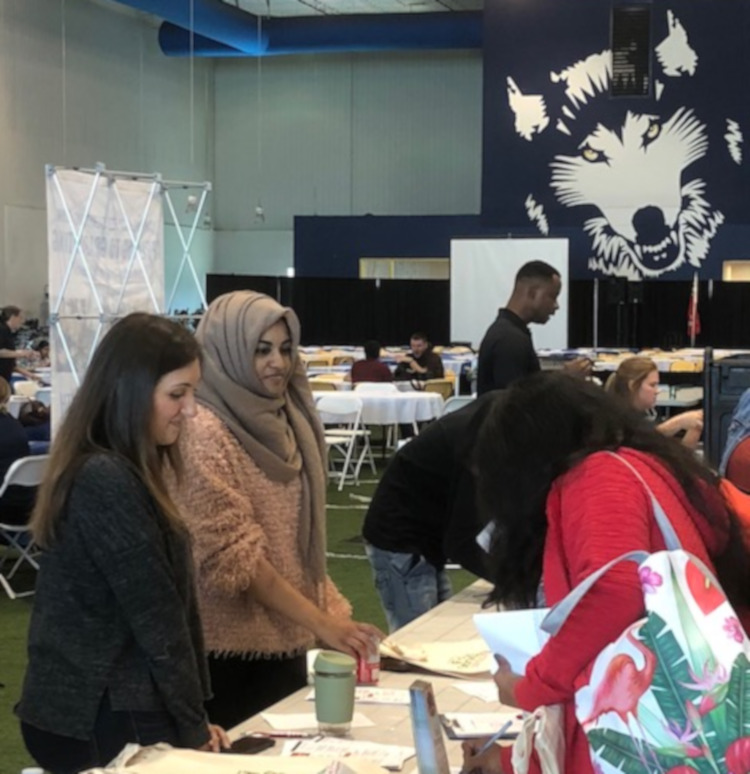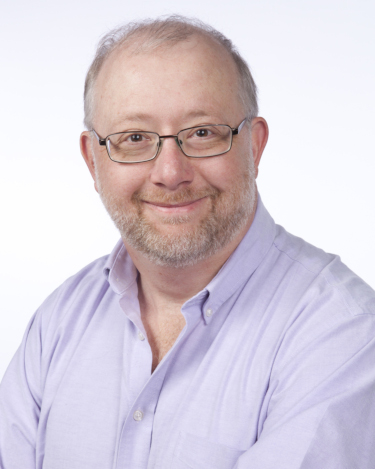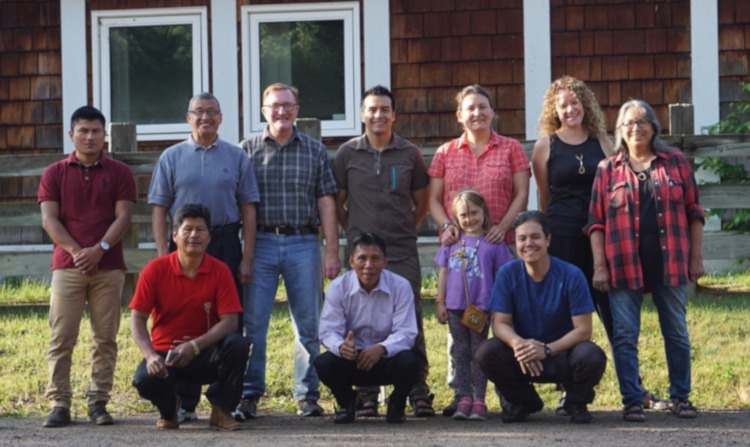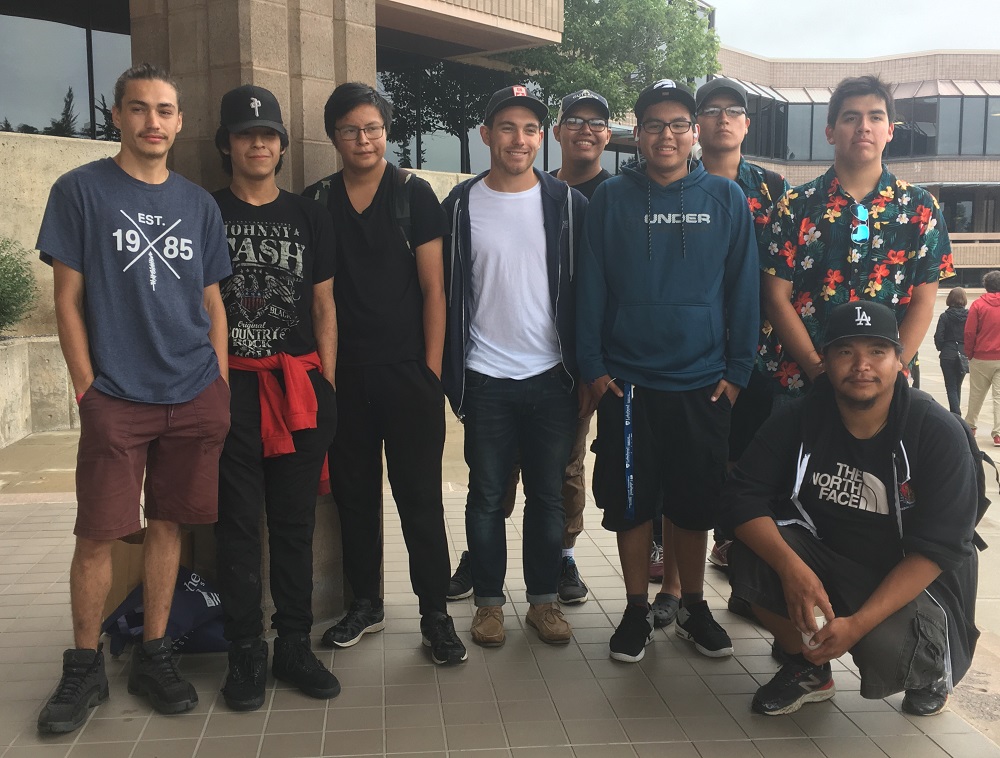Lakehead University invites alumni to come home for Homecoming

Lakehead University's Homecoming will feature an exciting mix of social and sports events.
September 17, 2018 – Thunder Bay, ON
Lakehead University will host its biggest event of the year from Thursday, Sept. 20 to Saturday, Sept. 22.
Homecoming will allow alumni and friends to engage with each other and reconnect with Lakehead University. Participants and family members will truly enjoy the exciting sports and social events held over three days.
“Lakehead has 63,029 alum around the globe,” said Michel S. Beaulieu, President of the Alumni Association of Lakehead University. “During Homecoming we look forward to seeing alumni and celebrating everything they have accomplished since graduating from Lakehead.”
Guests may RSVP to attend a special ceremony on Saturday, Sept. 22 at 11 am in the Hangar where Chancellor Lyn McLeod will install Lakehead’s seventh President and Vice-Chancellor, Dr. Moira McPherson, and confer an honorary degree to Ron MacLean. This will also include the presentation of the All-Canadian Athletic Awards. Only those registered may attend.
Tom Warden, Lakehead’s Director of Athletics, is looking forward to having MacLean on campus.
“It’s going to be a great weekend,” Warden said, adding that he hopes to see lots of fans cheering on the Thunderwolves in hockey and basketball games being played on Thursday, Friday and Saturday.
On Saturday at 7 pm, MacLean will drop the puck to open the Thunderwolves men’s hockey game against Lethbridge. Fans who purchase a ticket to the hockey game can visit Fort William Gardens at 4:30 pm that day to watch MacLean play in a scrimmage game and have a chance to get his autograph afterward.
Even if you can’t make it to Thunder Bay for Homecoming, you can still join in the celebration by requesting a Lakehead-in-a-box kit.
“Lakehead-in-a-box is free and allows alumni to hold give-aways, hang up decorations, play games and more,” Beaulieu said.
For information about Homecoming, how to register and travel discounts for out-of-town guests, visit this web page.
Schedule
Social Events
Thursday, Sept. 20
- 10 am to 2 pm – Archives open house
Friday, Sept. 21
- 10 am to 2 pm – Archives open house
- 4:30 to 7:30 pm – Faculty of Education Social
- 5:30 pm – Alumni Awards Dinner with special guest Ron MacLean
- 7 pm – Department of Languages Foreign Film Night
Saturday, Sept. 22
- 11 am – Installation ceremony of Lakehead University’s seventh President and Vice-Chancellor, honorary degree ceremony for Ron MacLean and All-Canadian Athletic Awards
- 1 to 3 pm – Nanabijou Childcare Centre 30th reunion
- 2 to 4 pm Archives open house
- TBA – Nursing Class of 1973 45th Reunion
Sports
Thursday, Sept. 20
- 6 pm – Women’s Basketball vs. Algoma
- 8 pm – Men’s Basketball vs. Regina
Friday, Sept. 21
- 6 pm – Women’s Basketball vs. Algoma
- 8 pm – Men’s Basketball vs. Regina
- 7 pm – Men’s Hockey vs. Lethbridge
Saturday, Sept. 22
- 4:30 pm – Hockey scrimmage game with Ron MacLean
- 7 pm – Men’s Hockey vs. Lethbridge
Lakehead University will celebrate the achievements of the following exceptional alumni at the annual Alumni Awards Dinner on Friday, Sept. 21 at 5:30 pm.
- Karl Subban (BA '83, BEd '84) Retired Educator, Author, Speaker, Hockey Dad - Alumni Honour Award
- Sue Craig (MSc '91) Nationally recognized and pioneering geoscientist - Alumni Honour Award
- Shandor Alphonso, HMComm '09 MBA '10 NHL Official - Outstanding Young Alumni Award
- Crystal Davey, BScN '05, MPH '10 Nurse, Primary Care Practitioner, Lecturer - Outstanding Young Alumni Award
- Rob Jamieson, BA, HBOR '94, Past President, Alumni Association of Lakehead University, Current President OPP Association - Alumni Legacy Award
- David Hare, Director of Residence, Conference & Food Services (Retired) - Honorary Membership
– 30 –
Media: For more information or interviews, please contact Brandon Walker, Communications and Marketing Associate, at (807) 343-8177 or mediarelations@lakeheadu.ca.
Lakehead University has approximately 9,700 full-time equivalent students and 2,000 faculty and staff in 10 faculties at two campuses in Orillia and Thunder Bay, Ontario. Lakehead is a fully comprehensive university: home to Ontario’s newest Faculty of Law in 44 years, the Northern Ontario School of Medicine, and faculties of Engineering, Business Administration, Health & Behavioural Sciences, Social Sciences & Humanities, Science & Environmental Studies, Natural Resources Management, Education, and Graduate Studies. Maclean’s 2018 University Rankings place Lakehead University among Canada's Top 10 primarily undergraduate universities, as well as first in Total Research Dollars, second for Citations, and third for Scholarships and Bursaries. In 2017, Research Infosource named Lakehead Research University of the Year in its category for the third consecutive year. Visit www.lakeheadu.ca.







 A Lakehead University researcher is playing a key role in an international project to improve the way companies discover new mines.
A Lakehead University researcher is playing a key role in an international project to improve the way companies discover new mines. 


